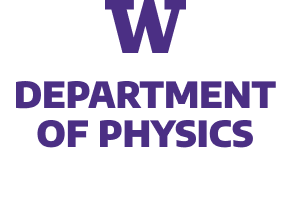In this work we provide a new approach for approximating an ordered operator exponential using
an ordinary operator exponential that acts on the Hilbert space of the simulation as well as a finite-
dimensional clock register. We show that as the number of qubits used for the clock grows, the error in
the ordered operator exponential vanishes, as well as the entanglement between the clock register and
the register of the state being acted upon. Hence, the clock is a convenient device that allows us to
translate results for simulating time-independent systems to the time-dependent case. As an application, we provide a new family of multiproduct formulas (MPFs) for time-dependent Hamiltonians that yield both commutator scaling and poly-logarithmic error scaling. This in turn, means that this method outperforms existing methods for simulating physically-local, time-dependent Hamiltonians. Finally, we apply the formalism to show how qubitization can be generalized to the time-dependent case and show that such a translation can be practical if the second derivative of the Hamiltonian is sufficiently small.


